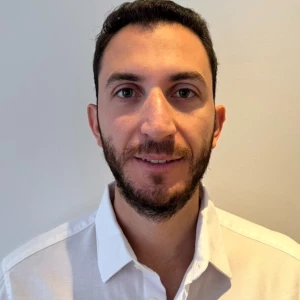Hello all,
I'm a Registered Nurse and have recently graduated from a JD program. I've developed an interest in entering the consulting field. Given that I hold an RN license and have two years of experience in the healthcare system, I'm wondering which role might be more accessible for me to pursue.
Personally, I am inclined towards the generalist associate role, where you gain experience in various sectors, and I've heard there are opportunities for international travel. This aligns well with my background in International law from law school.
(1) Additionally, if I were to start in a healthcare specialist role, would there be a possibility of transitioning into an Associate position?
(2) for the healthcare specialist position, would I still have to take the pymetrics game?
I would greatly appreciate any brainstorming or insights on this matter!













